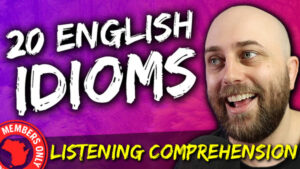
AE 1179 - Expression
All Something'ed Out
Learn Australian English in this expression episode of the Aussie English Podcast.
These episodes aim to teach you common English expressions as well as give you a fair dinkum true-blue dose of Aussie culture, history, and news and current affairs.

In today's episode...
Welcome to this weekly English expression episode on the Aussie English podcast!
Today’s expression is “all something’ed out”.
It’s quite an unusual expression and can’t really be ‘Google’ed’. There, now you have an idea how this expression goes!
We will start off with a Q and A from Yaasiimo who asks if horse riding is an expensive sport in Australia. You ‘bet’ it is!
Besides the fact that you could end up spending a lot on just the betting aspect of it, listen in to know what it takes to care for horses.
I will also crack up a joke about horses.
We will then break down the meaning of the words in the expression. There will also be example situations where you can use the expression “all something’ed out”.
And finally, don’t forget to download this episode’s FREE worksheet and listen to a clip from the true-to-life Aussie movie Chopper, starring Eric Bana.
Remember, you can play back the audio so you can listen to the dialogue!
👉 Don’t forget to download your PDF Worksheet for this lesson:
https://aussieenglish.com.au/AE1179_FREEWorksheet
** Want to wear the kookaburra shirt? **
Get yours here at https://aussieenglish.com.au/shirt
Improve your listening skills today – listen, play, & pause this episode – and start speaking like a native English speaker!
Listen to today's episode!
This is the FREE podcast player. You can fast-forward and rewind easily as well as slow down or speed up the audio to suit your level.
If you’d like to use the Premium Podcast Player as well as get the downloadable transcripts, audio files, and videos for episodes, you can get instant access by joining the Premium Podcast membership here.
Get more out of every episode!

Premium Podcast members get access to...
- All 900+ podcast episodes including member-only episodes
- Member-only episode video lessons
- Downloadable transcript PDFs & audio files for every episode

Recent Episodes:

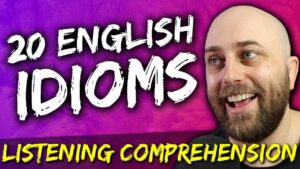
AE 1359 – 20 English Idioms To Transcribe
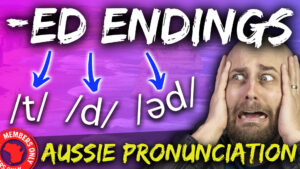
AE 1358 – How to Pronounce -ED Endings in Australian English [Members Only]
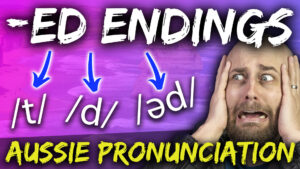
AE 1357 – How to Pronounce -ED Endings in Australian English

AE 1356 – Will AI Save Us Or Replace Us?
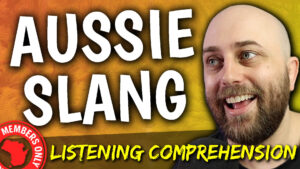
AE 1355 – 20 Aussie Slang Sentences Explained [Members Only]
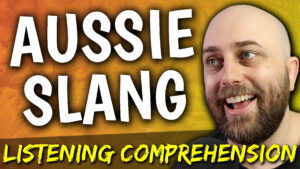
AE 1354 – 20 Aussie Slang Sentences to Transcribe

AE 1353 – The Goss: How the Australian Property Market Got Cooked!
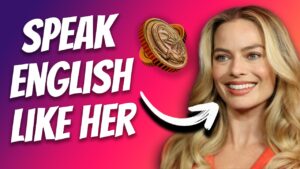
AE 1352 – Pete’s 2c: How Can I Improve My Aussie Accent?

Share

Join my 5-Day FREE English Course!
Complete this 5-day course and learn how to study effectively with podcasts in order to level up your English quickly whilst having fun!


Want to improve a specific area of your English quickly and enjoyably?
Check out my series of Aussie English Courses.
English pronunciation, use of phrasal verbs, spoken English, and listening skills!

Have you got the Aussie English app?
Listen to all your favourite episodes of the Aussie English Podcast on the official AE app.
Download it for FREE below!



Want to improve a specific area of your English quickly and enjoyably?
Check out my series of Aussie English Courses.
English pronunciation, use of phrasal verbs, spoken English, and listening skills!
Leave a comment below & practice your English!






Responses